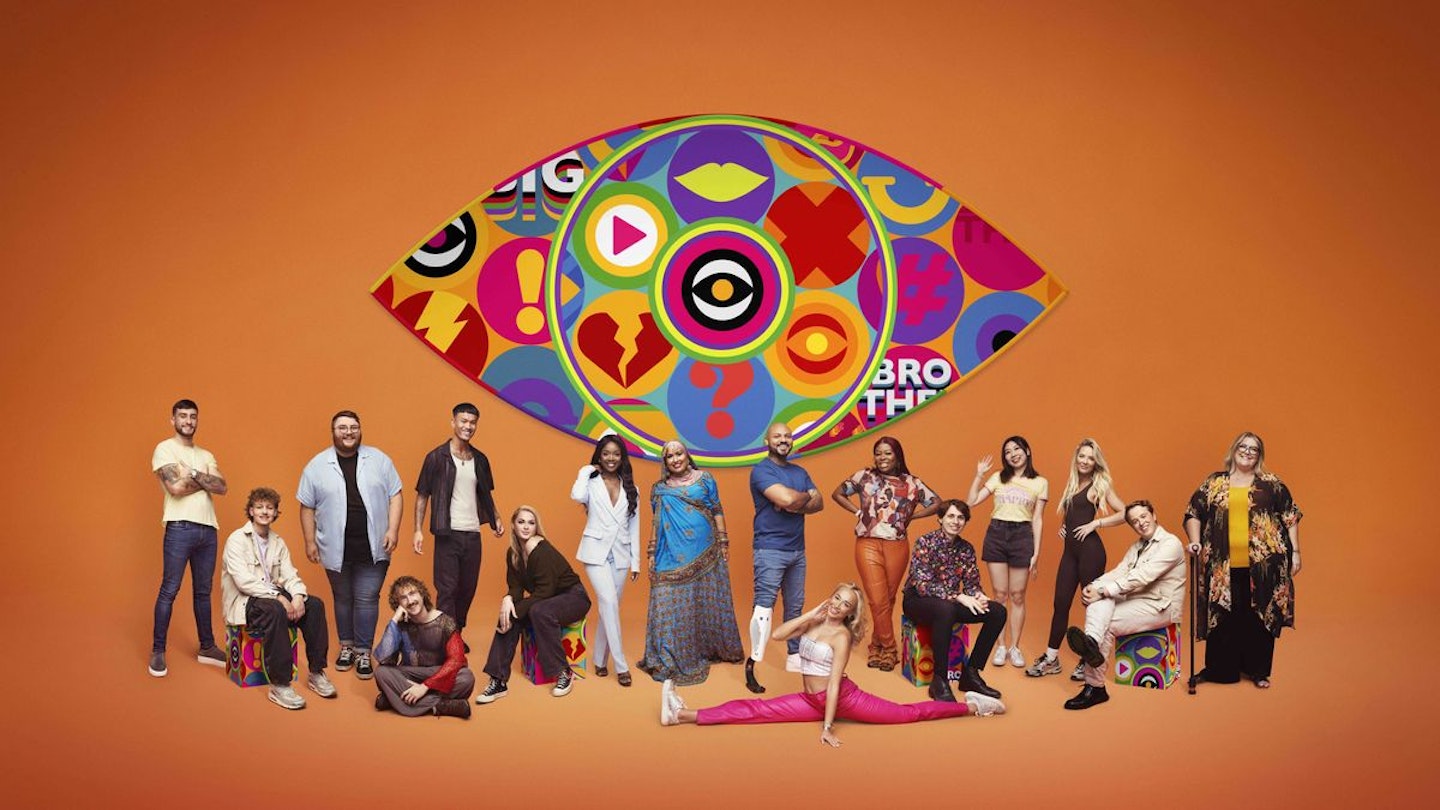In a welcome contrast to other reality shows, the return of Big Brother reminds us why we love watching ordinary people on TV. This year’s house is made up of an eclectic mix of contestants who represent a cross-section of society, and it's refreshing to see how they interact in such an authentic way. But it's not all sunshine and rainbows, in fact some of the conversations and dynamics we've seen on the show have been dubbed problematic by viewers.
This style of show can breed such interesting conversations and valuable social interactions that might not otherwise happen, but it can also lead to culture clashes and expose some of our worst behaviours. Unfortunately for the female housemates, that means everyday misogyny.
Viewers have called out Zak Srakaew’s behaviour, in particular, which probably contributed towards him being Big Brother's second evictee. When Trish Balusa and Olivia Young called him out for hypocritical behaviour (namely starting debates with no intention of listening to other people’s opinions) he said he wouldn’t be spoken to like that by ‘two women’. And when those two women said they found his comments to be sexist, he just dismissed them. It was a tough watch for anyone whose been in that position before.
Later in the episode, Zak called Noky over to the sofa and then boasted that, ‘When I tell people to come to me, they come’. He then playfully tackled her to the sofa and said, ‘Sit down, be a good girl’. While Kerry, Noky and Olivia all laughed about this interaction in the moment, it made for uncomfortable viewing. Editing or no editing, his attempt at appearing dominant over Noky rang alarm bells in the context of the other things he’s said.
And it’s not only Zak, we’ve also seen concerning behaviours from Dylan, Paul and Tom. Dylan, who was close friends with Zak, seems to have marked his territory in the kitchen and therefore controls what the group eat and when. This seems trivial, or even generous, but in such an intense and confined environment, food and meal times are sacred and anyone who positions themselves as the ruler of that space is bound to cause tension. And when it was revealed that he is up for eviction this week, he 'joked' that he was going to spit in everyone's food. Despite being friends with her, Dylan has locked horns with Trish several times and has misconstrued what she’s said – especially when she’s been straight forward and called out people’s behaviour. Earlier in the week, during the ‘ant challenge’, Olivia and Trish called Dylan and Channelle’s team ‘sexist’ in ‘smack talk’ when they put three male team mates forward for a strength challenge.
Although the joke was spearheaded by Olivia, Dylan pulled Trish aside and said that Channelle was ‘scared’ of her which, given that it didn’t come from Channelle herself and wasn’t also directed at Olivia, viewers have expressed it felt racially charged. He also tried to shutdown conversations around sexism and misogyny altogether, saying ‘We’re not using that word [sexist] again’. He even nominated Trish for using the word 'sexist' and said it made him feel 'disappointed'. Why is Dylan so uncomfortable having conversations about the way in which women are oppressed in everyday society? We would love to ask him.
Paul, another dominant male housemate, agreed with Dylan during the sexism row. He got into an argument with Olivia and Trish about their use of the word ‘sexist’ and got so wound up that he started shouting at them. Instead of apologising for raising his voice, he implied he wanted to teach them a lesson and refused to say sorry.
In both Paul and Dylan's situations, their defensiveness was not conducive to growth and subsequently made the women involved feel undermined. This happened again in the garden when Tom was talking to Noky about issues men and women face in dating. When Noky was talking about women feeling slut-shamed, Tom said that men also feel shame about expressing their feelings. While this is interesting and important, he seemed to frame it as tit for tat instead giving both issues their own separate weighting.
It’s useful to see these interactions play out on screen as they so often do in real life, but we mustn't overlook them. Clearly, Big Brother is a microcosm for wider society and these behaviours all come from somewhere. Even if the men in the house are all nice people in other ways, it doesn't give them the right to shutdown discussions that the women clearly wanted to have. Like Trish said, we all need the opportunity to learn.
